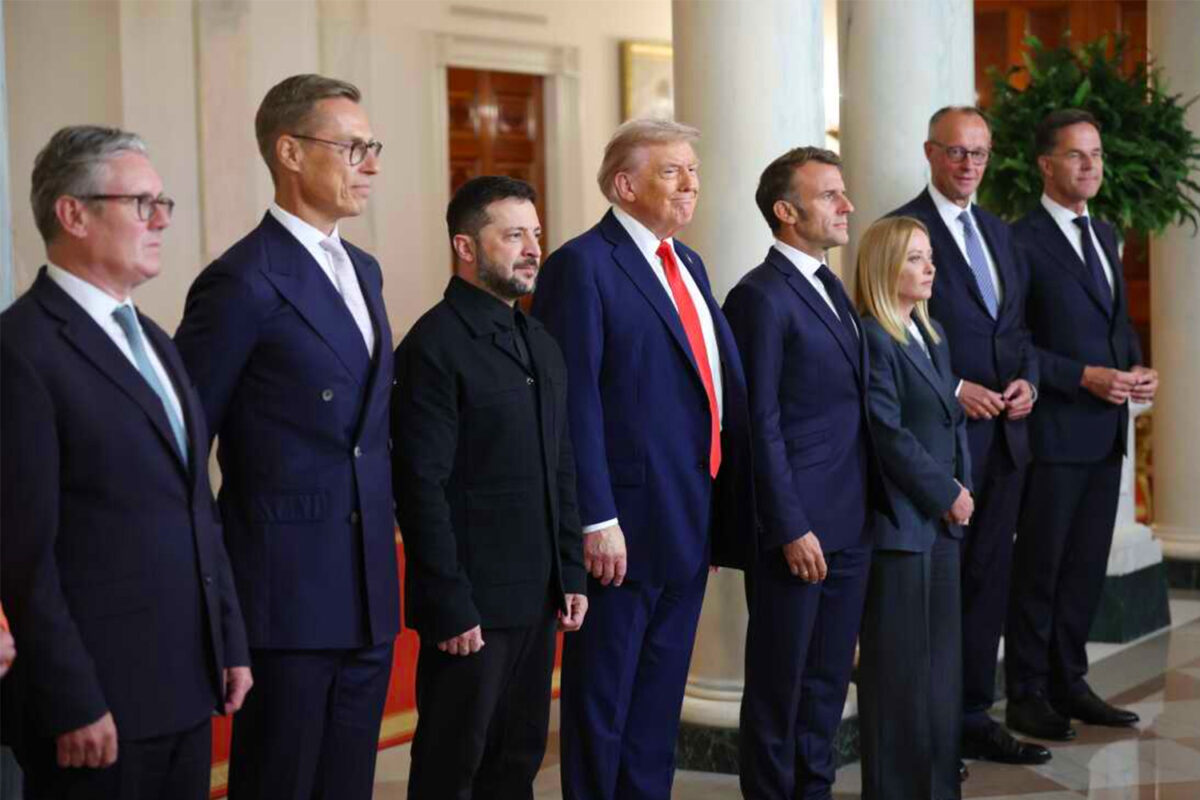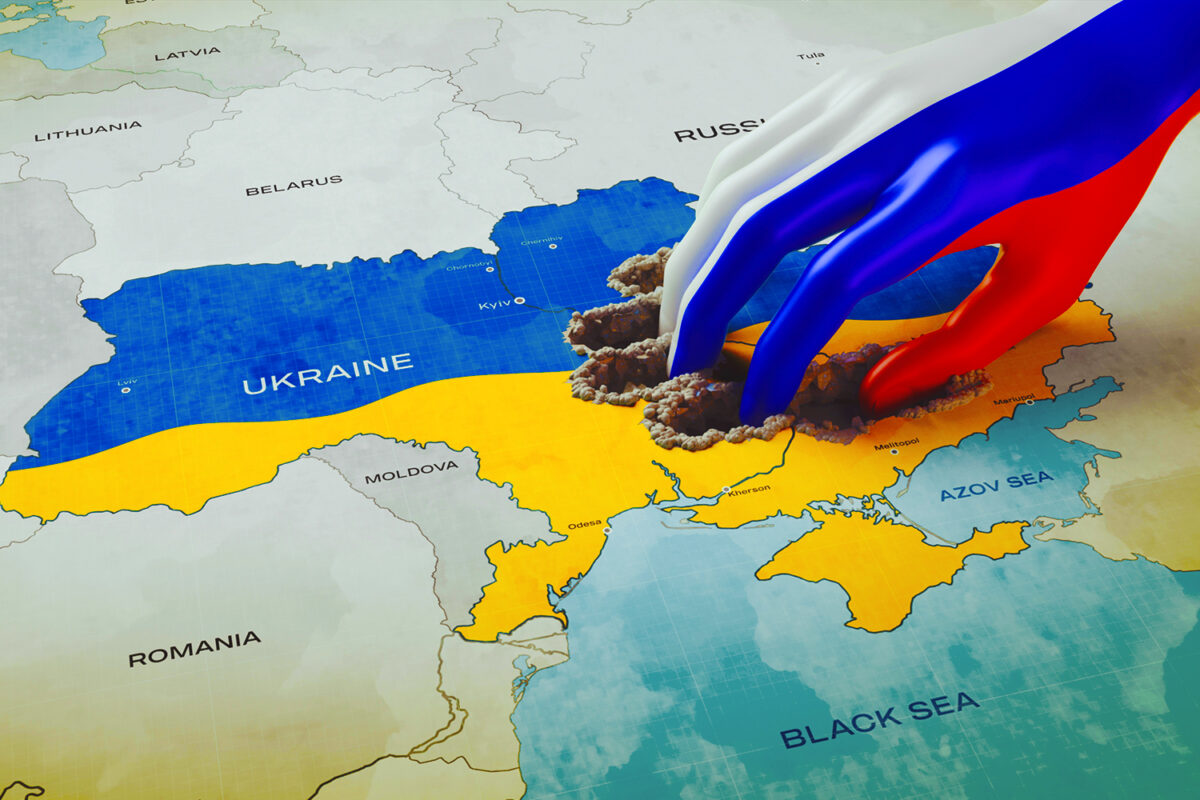After celebrating her platinum jubilee six months earlier, Buckingham Palace released a statement that Queen Elizabeth II died in Scotland on 8th September. An official mourning period of ten days was announced for the United Kingdom and the Commonwealth realms. There has been an outpouring of emotion and condolences from around the world with many seeing Queen Elizabeth II as a consistent figure in UK politics. The Royal House of Windsor is today the longest serving royal family and Queen Elizabeth II was the longest serving monarch, her reign spanned 15 prime ministers, starting with Winston Churchill and ending with Liz Truss, who Elizabeth appointed as prime minister on 6th Sept. As the second Elizabethan era comes to an end the King Charles III era begins, the biggest challenge for the Royal House, aside from its many regular embarrassments, is not just preserving its legitimacy, but how an archaic medieval institution remains relevant in the modern world.
Queen Elizabeth has received much praise for her commitment to duty and for being a regular feature of British political life. She has been someone who apparently provides stability when British political life has been very unstable. But what is the job of the Royal Family? For some, the job of the Royal Family is to prop-up an unfair system in order to distract the people from the real conditions of their lives with pageant and ritual. For others, the monarchy is a symbol the British can unite around who also provides stability and is a guide to the government. Yet for some others, the modern monarchy is a form of soft power, offering an attractive national image to the world and appealing to foreigners, to visit as tourists. The most recent members, such as Kate Middleton and Meghan Markle (who was the Duchess of Sussex until she gave up her royal title) into the Royal Family have been seen by many as a soft power triumph for Britain. The job of the British Monarchy is not what it used to be despite hundreds of years of history. The British royal family has managed to survive in a region and era where heredity privilege is a thing of the past.
the biggest challenge for the Royal House, aside from its many regular embarrassments, is not just preserving its legitimacy, but how an archaic medieval institution remains relevant in the modern world
A Long History of Monarchy in Britain
Medieval European history consists of monarchs dominating large swaths of the continent in cahoots with the Christian Church after the collapse of the Roman Empire in the 5th century. Following Viking raids and settlement in the 9th century, the Anglo-Saxon kingdom of Wessex emerged as the dominant English kingdom. Alfred the Great secured Wessex, achieved dominance over western Mercia and assumed the title ‘King of the English.’ His grandson was the first king to rule over a unitary kingdom roughly corresponding to the present borders of England. These Anglo-Saxon monarchs converted to Christianity as God made kings and only the Pope in Rome could say what God wanted. The Archbishop of Canterbury — God’s man in England — could anoint a king with holy oil, raising the king above everyone else. From this time until the middle of the 17th century the British Monarchs ruled supreme.
By the end of the 18th century the abandonment of the British monarchy in America and the bloody revolution in France in 1789 had given monarchies a bad name. Democracy, representative rule and nation states was all the rage. The world was changing and monarchies were seen as a thing of the brutal past.
At the beginning of the 20th century most of the major monarchies and dynasties in the world were overthrown. The Qajars in Iran, the Qing in China, the Habsburgs in Austria and the Hohenzollerns in Germany all came to an end. The British monarchy adapted and remade themselves. Queen Victoria was from the German Royal House of Saxe-Coburg and Gotha and her eldest son, King Edward VII, took the name of the family’s regular summer residence in the western suburbs of London – Windsor, in 1917, due to anti-German sentiment during WW1.
Decline
The decline of Britain as a global power after WW2 would give the Royal Family a new reason for its continued existence. British officials used all the pageantry around the Royal Family as a means to market Britain around the world and in theory the Queen was the head of state for a number of nations and territories. The Royal Family came to form British soft power in an era where Britain’s hard power was in decline. The Royals’ role entailed regular travel to the Commonwealth and beyond giving medals, British Empire titles and attending ceremonies and sports events as a symbol of British power. As the post-WW2 era wore on those who associated national symbolism with royalty were being outnumbered with a new generation that never saw the Pax-Britannica days and came to not associate with royalty.
The Royal Family came to form British soft power in an era where Britain’s hard power was in decline
The Queen herself had admitted as the 21st century began she was struggling to keep the Royal Family relevant in a new age. What didn’t help was her relationship with Princess Diana who came to eclipse the Queen’s popularity in the 1990s. Her silence for five days after Princess Diana’s death in 1997, saw a large rise in sentiment for the abolition of the monarchy. It would take a decade to fix the monarchy’s reputation with a carefully crafted marketing campaign that utilised the younger royals to build a new image of a modern Royal Family with Prince William and Prince Harry leading the way.
Whilst successive British governments have used the Royal Family as a symbol of the nation, public opinion has been growing for the abolishment of the monarchy. This is because the monarchy goes against many aspects of modern life. The monarchy due to birth has a privileged position in the country, they were never elected. Whilst many do view the royal family as a source of pride the regular scandals have hurt their reputation. Divorces, affairs, tax avoidance, Meghan Markle and Prince Harry’s departure as working royals and the accusations of sexual assault and rape against Prince Andrew: all have seriously damaged the Royal Family’s reputation. Whilst public support for Queen Elizabeth was as high as 60%, opinion for other royals has been low and declining and this places the House of Windsor in a precarious position with the passing of Queen Elizabeth II.
Whilst many do view the royal family as a source of pride the regular scandals have hurt their reputation
Queen Elizabeth was able to keep the monarchy relevant as she adapted and found a role for the royals as other monarchies were either abolished or violently overthrown. British politicians as well as Britain’s ruling class see the Royal Family through an economic and a soft power lens that brings credibility and tourists to the UK. Queen Elizabeth was able to continue a medieval tradition providing an image of pride, unity and national identity for the UK. But with the Queen’s passing and as King Charles takes on the role of the sovereign, the British monarchy faces the huge challenge of keeping the medieval and hereditary institution relevant.




